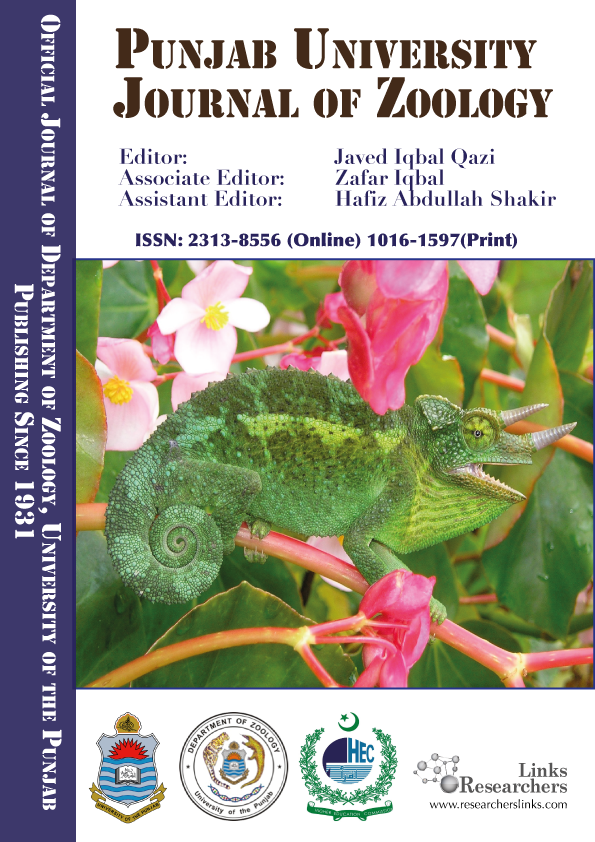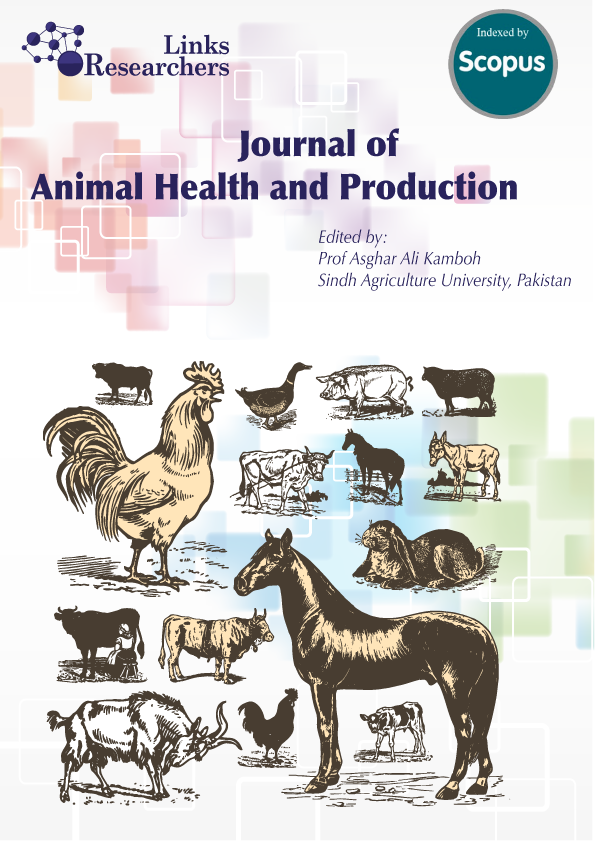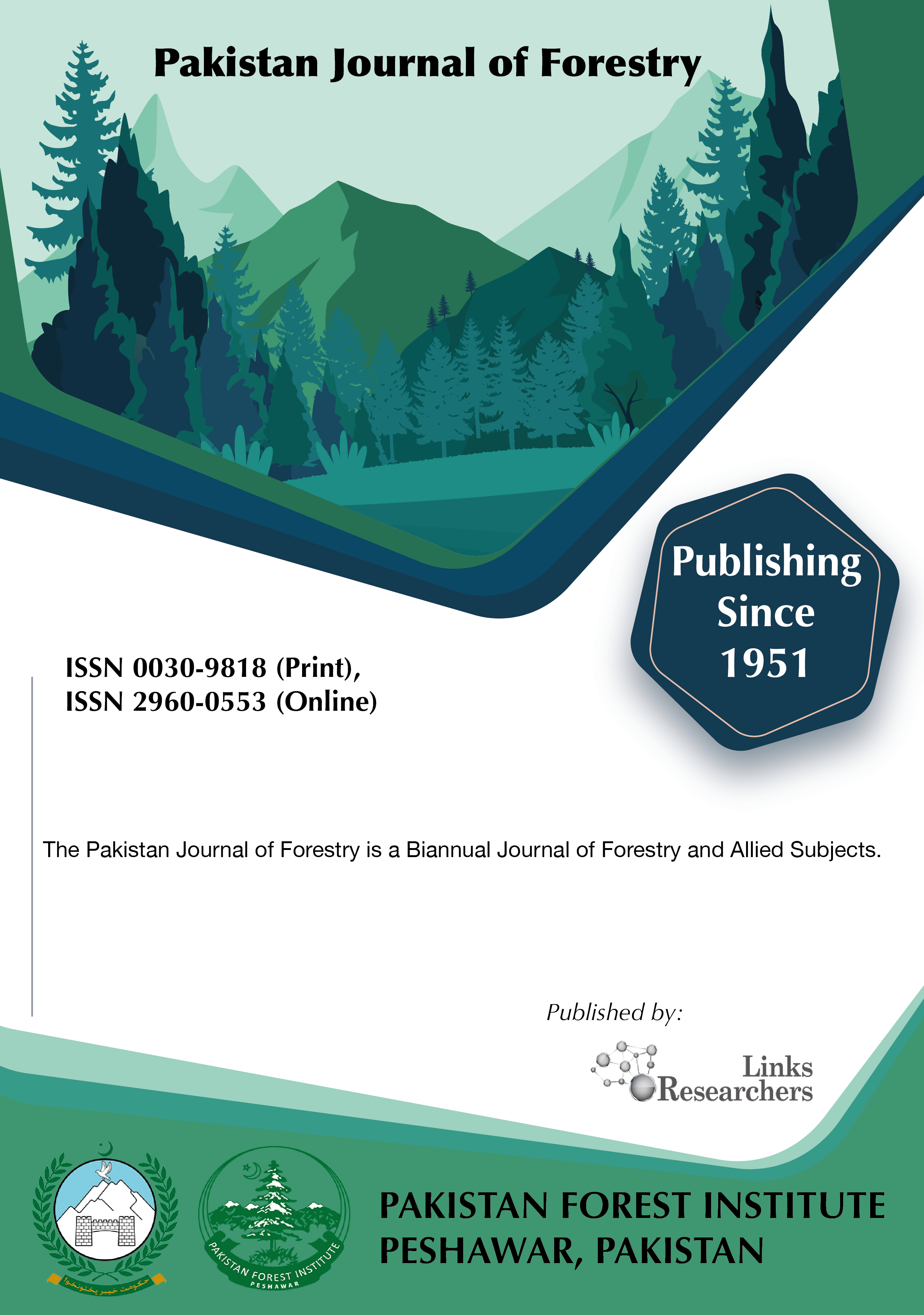Victor J. Stenger
John Shook
Reviewed by Elly Vintiadis (www.ellyvintiadis.com)
H. Bruce Rinker
Justin P. McBrayer
Justin P. McBrayer
Michael R. Molnar
Gregg D. Caruso
David Kyle Johnson
Jonathan Jong
Luke Galen
Joseph Langston1*, Joseph Hammer2, Ryan T. Cragun3
Benjamin Beit-Hallahmi
David F. Bradley*, Julie J. Exline, Alex Uzdavines
Rabbi Paul Shrell-Fox
Rick Repetti
Elly Vintiadis
is so, Steane embarks on showing what theism is and how it of...
Corey McCal
Maurice A. Finocchiaro
Tanzila Kazmi*, Abid Ghafoor Chaudhry*, Aftab Ahmed** and Shaheer Ellahi Khan**
Sobia Faisal1*,Qurat-ul-Ain Ahmad2, Maleeha Manzoor3, Madiha Manzoor4, Faisal Rifaq5
which decrease motivation for benefits and superimpose the condition....
Muhammad Naeem*, Sohail Asghar**
Mukhtar Iderawumi Abdulraheem1*, Muhammad Ihtisham2*, Abiodun Yusuff Moshood3, Nawab Khan4, Muhammad Owais Shahid5, Shafiq Hussain6, Kumail Abbas6 and Fawad Zaman7
Ghulam Abbas1*, Muhammad Arshad1, Muhammad Saeed2*; Safdar Imran3, Ashgar Ali Kamboh4, Duraid KA Al-Taey5, Muhammad Asad Aslam1, Muhammad Saeed Imran6, Muhammad Ashraf3, Muhammad Asif7, Abdul Jabbar Tanveer8, Razia Abdul Majid Qureshi9, Maria Arshad1, Hussain Ahmed Khan Niazi1, Muhammad Tariq10, Sikandar Abbas1
Keywords | Organic acids, Gut health, Natural compounds, Poultry health, Layer production.
...Olufemi Bolarin, Sijuade Adebukola Adebayo and Sola Emmanuel Komolafe*
Hafiz Husnain Nawaz1*, Ayesha Ahsan2, Amir Afzal1, Muhammad Ashraf Sumrah1, Muhammad Jan1, Kashif Ali1, Muhammad Arsalan1 and Rizwan Latif3
Heba El-Sayed Mostafa1,2*, Lama Sulaiman Alahmadi1, Shiyma Abullah Alrahule1, Nada Fareed Alzughaibi1, Hala Rafat Zulali1, Yasmin Islam Magdi3, Saada Saad Alharbi1










